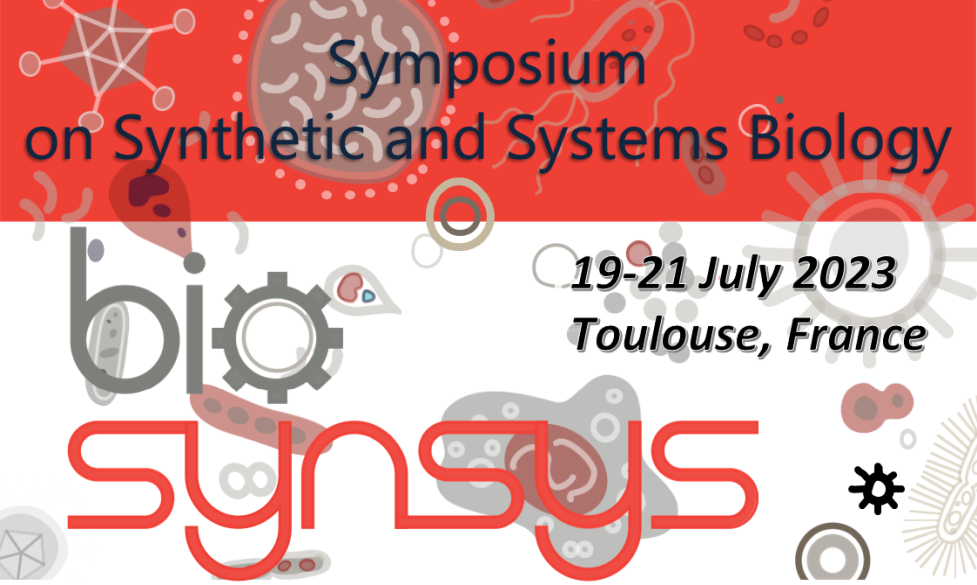Small-scale, low-cost bioreactors are emerging as powerful tools for microbial systems and synthetic biology research. They allow tight control of cell culture parameters over long durations. These unique features enable researchers to perform sophisticated experiments and to achieve high reproducibility.
However, existing setups are limited in their measurement capabilities. It is often essential to follow over time key characteristics of the cultured cell population, such as gene expression levels, cellular stress levels, and cell size and morphology. Researchers usually need to manually extract, process and measure culture samples to run them through sensitive and specialized instruments. Manual interventions strongly constrains the available temporal resolution and reactiveness capabilities.
In this talk, I will present ReacSight, a generic and flexible strategy to enhance bioreactor arrays with automated measurements capabilities and reactive experiment control. It can also be used to enhance any computer-controlled plate-based measurement device with pipetting capabilities and automation. ReacSight leverages the affordable Opentrons pipetting robots. It is ideally suited to integrate open-source, open-hardware components but can also accommodate closed-source, GUI-only components.
Applications include the characterization of protein secretion under various stress conditions to optimize production in yeast.
Relevant references:
[1] Bertaux et al, Enhancing bioreactor arrays for automated measurements and reactive control with ReacSight, Nat Commun, 2022
[2] Sosa-Carrillo et al, Maximizing protein production by keeping cells at optimal secretory stress levels using real-time control approaches, Nat Commun, 2023

 PDF version
PDF version
